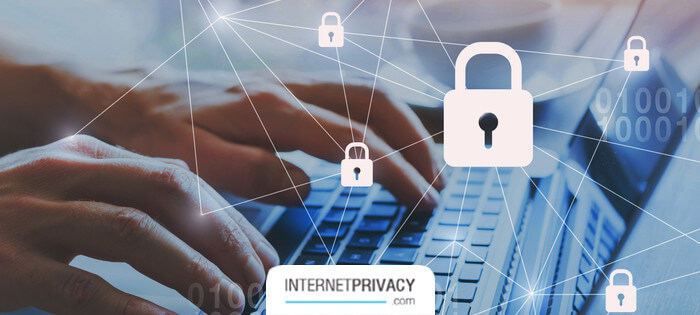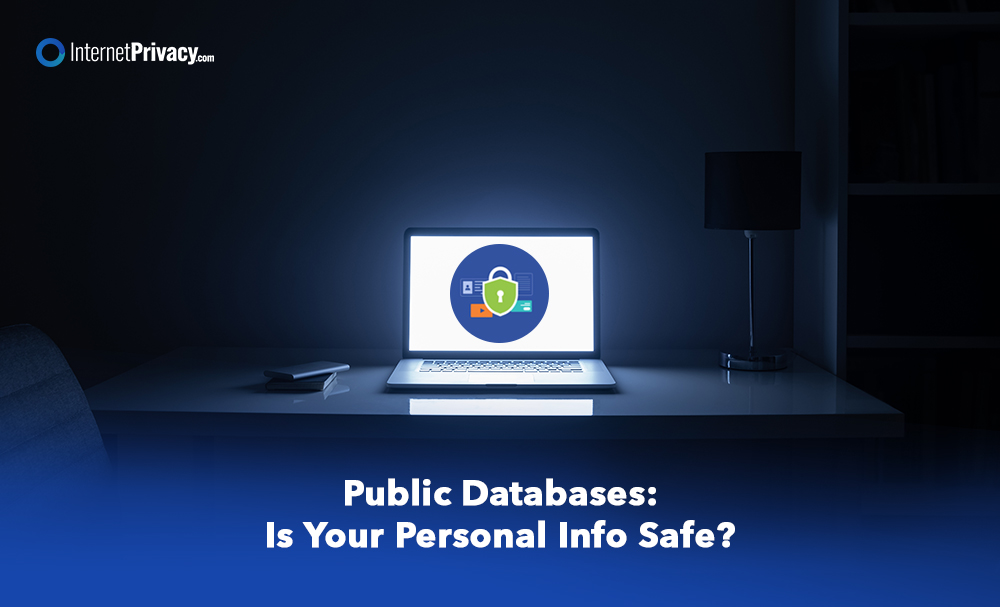The Vital Need for Internet Privacy Monitoring

When it comes to internet privacy monitoring, you should take no chances. Failure to protect your privacy increases the risk of financial loss and other damages.
Internet privacy monitoring helps reduce the risk of:
- Identity Theft
- Becoming a Victim of Fraud
- Loss of Valuable Proprietary Data
- Liability Exposure for Data Breaches
- Damage to an Online Reputation
Why is internet privacy monitoring important?
The ACLU recently summarized the attack on our privacy with a warning about more than just privacy threats. It’s dangerous when organizations collect info on “everything said, everywhere we go, and everyone we associate with” without our knowledge. The situation is out of control and rife with abuse.
The surveillance state may restrict free speech, free association, religious freedom, and the rights of a free press/media. This massive data collection is more subtle than attacks on our freedoms and exists on a grand scale.
Individuals, organizations and companies should not have to choose between new technology and keeping confidential information private.
Have you “Googled” yourself recently?
Many are shocked after discovering just how much private and personal information can be found on the Internet. But the reality is that “public domain” information is only the “tip of the iceberg.”
When it comes to tracking information, much is collected in secret.
Beware Those Offering Cookies
Parents warn their children to not accept candy from strangers. But our mothers should have warned us about the dangers of accepting cookies from websites.
Websites that notify visitors that they use cookies generally ask for the user’s consent. But there’s a serious question about whether consent is “informed.”
In 2017, Business Insider reported that about 97% of web users agree to terms and conditions without reading them. In 2020, Digital Journal reported this number fell to a mere 1%.
Overall, many feel as though they can do little about the terms and conditions. So, why bother reading them?
Your Face in a Thousand Apps
One major problem is that unread terms and conditions may contain some dangerous items. An example might be a photo app that uses face images. The app’s terms and conditions might say it owns that photo for any type of use, even after the account was canceled.
These images become part of a global facial image library. In turn, they can be used by anyone willing to pay for them, to do with as they please. Using this app is the same as giving a mugshot to bad people who might misuse it in untold ways.
Shocking Things Consumers Ignore by Clicking “I Agree”
USA Today reported about some crazy things included in the fine print by service providers that were ignored. These include:
- Giving up the right to privacy.
- Allowing your mother the right to review your browsing history.
- Giving up the right to name your first child.
- Agreeing that all collected information can be given to the government.
- Agreeing to perform 1,000 hours of community service to clean toilets and sewers.
This invasion of privacy is not just about targeting ads. It’s also about putting that information in the hands of governments, insurance companies, lenders, employers, and others. When you click “I Agree,” it is legally-binding, whether you read the document or not.
To make matters worse, many of the terms state that the company can change them at any time. You must be notified of any changes, but continued use afterward is the same as agreeing to the new terms.
Reducing threats to your privacy
Here are some things to do to reduce privacy threats:
- Read the Terms and Conditions. Take time to read what you agree to and look for red flags.
- Avoid Selling Info. Don’t give the company the right to sell your personal information to third parties. In certain states, sites must provide an easy way to ask that they do not sell your personal information.
- Physical Tracking. Don’t agree to let an app track your movements with GPS and other methods.
- Perpetual Rights. Beware of terms that grant a perpetual license to use your photos or personal data. “Perpetual” means forever.
How to Protect Privacy when Surfing the Web
In 2018, Statista reported that U.S agencies requested Google search data over 20,000 times. For this reason alone, it is better to use a virtual private network (VPN). We recommend VPNs to avoid cookies and other privacy trackers.
A VPN works by re-routing an IP address through another server, usually in another place or country. The traffic between that server and the browser of the person using the VPN service is hidden. In this way, the identity of the web surfer is protected and not disclosed.
Please note that if you start VPN use tomorrow, this helps create more internet privacy. However, you still need to deal with past online activity.
Useful Features of Internet Privacy Monitoring
Preventing your personal data from appearing online is like sweeping the ocean back with a broom. Few people have the patience or commitment to monitor their information and protect themselves on the web. Unless you make ongoing efforts to discover and manage private information, it can remain in public view forever.
Consider an Internet privacy monitoring company to help identify your information on the web. A trusted online privacy firm will scan for personal mentions generally hidden from public view.
Internet privacy monitoring usually involves a:
Deep Scan
A deep scan looks for the information already out there. This info may include your name, aliases, and the names of relatives. A crucial part of this process is identifying the correct person. If your name is unusual, this may be a little easier.
Virtual Profile
Generally, a privacy protection company will build a virtual profile around your online presence. This serves as the base for finding similar information, should it appear elsewhere later on.
Database Information Update or Removal
There are over 70 major global systems that collect personal data. These include millions of websites. One goal may be to make sure the information is accurate, up-to-date or removed from the web.
Going Semi-Dark
Going “semi-dark” means you do not want your private information online. Every data collection site demands a fully-prepared information removal request to remove personal data. What’s more: each system has a different official method to request removal.
Unfortunately, it’s often not possible to remove all personal information from the web. This means you cannot go completely “dark” or remove all personal information online. However, you can make some major improvements to your online privacy.
Social Media
If you want to maintain online privacy, posting personal info on social media is not a good idea. Even if you only share information with a private group, this does not mean that info is secure.
This is because social sites sell your information. It may appear to be private. But in reality, it’s sold to the highest bidder. Fortunately, a trusted internet privacy company checks for any “private” information up for sale and removes it fast.
Friendly Fire
Personal information leaks may happen on social media without you knowing. For example, friends may post photos on social media that tag you directly. Privacy protection includes constant monitoring of images, metadata, tags, and text to limit the damage.
Geo-Location and Surveillance Cameras
Simply owning a mobile phone provides location data to anyone with access to cellular information. And worse, the average person creates a constant stream of images available through surveillance cameras. If this data is used in unwanted ways, a customized privacy program will reduce threats and put you in the best position possible.
Follow-Up Requests
After making a removal request, privacy protection services follow-through to ensure full and complete information removal. And when database updates re-introduce previously-removed information, they take further action to remove it.
Ongoing Protection
Internet privacy monitoring is needed for continual protection.
Summary
To summarize, internet privacy is important because governments, corporations, and criminals can misuse your information. Monitoring your info is key to protecting your identity and your presence on the web.
Take action and protect yourself today with an internet privacy monitoring solution. Start with a 30-Day Free Trial to regain control over private and confidential data.
Internet privacy monitoring is like insurance for your online reputation. Learn more by calling our Online Privacy Team today.





